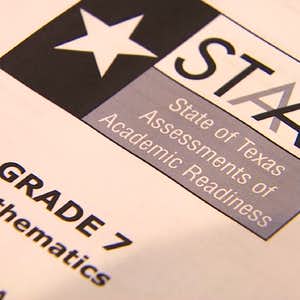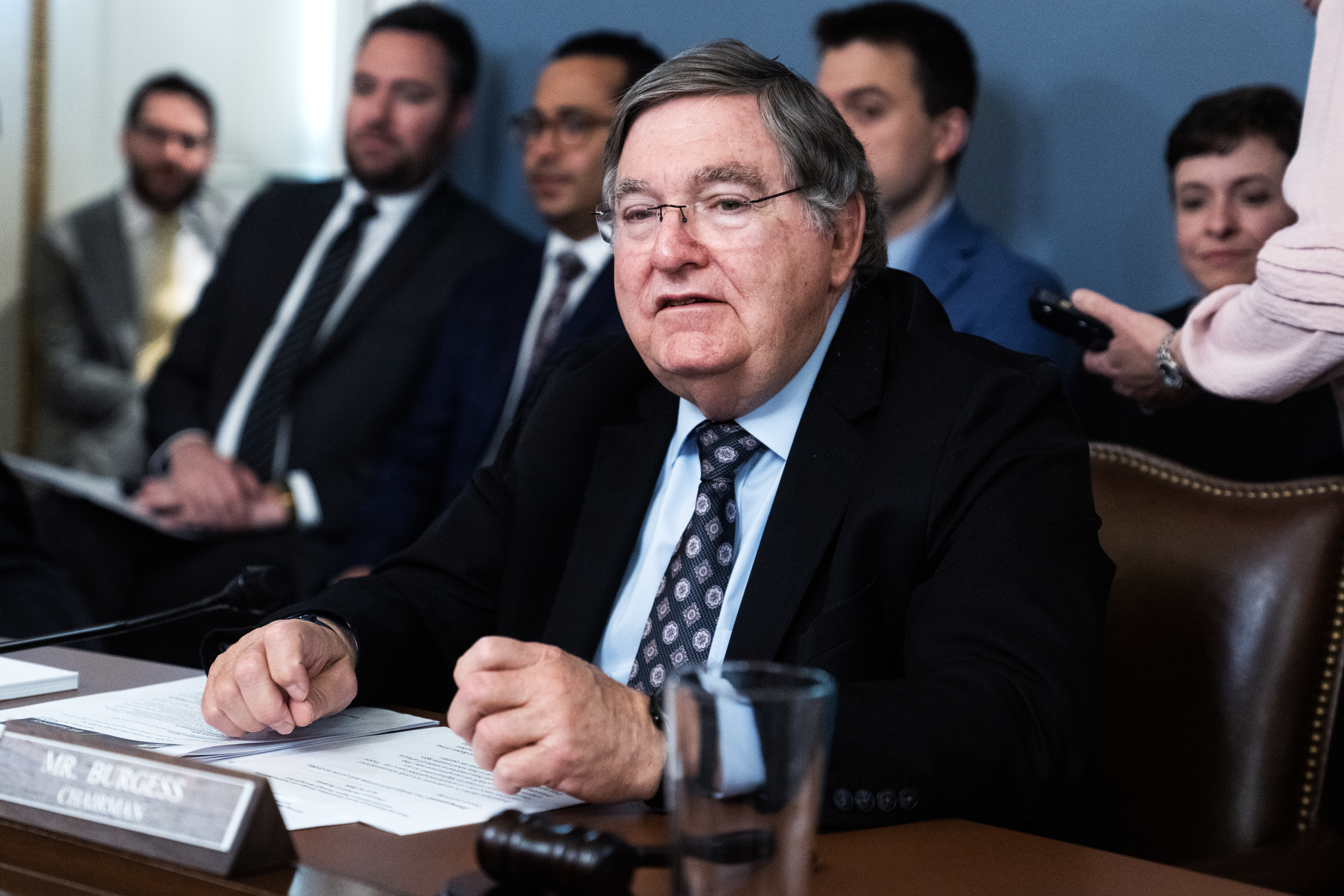Some Denton County residents are on a mission to find out what's really in their drinking water.
People in the small town of Ponder have been complaining about the water for months.
It started late last summer when residents started noticing the smell of chlorine in the water, followed by rashes.
The complaint isn't unique in the town of Ponder but they are determined to get to the bottom of it.
Tuesday night, scientists from the Collaborative Laboratories for Environmental Analysis and Remediation (CLEAR), an environmental research group from the University of Texas Arlington performed skin swabs on ten people in Ponder. They also conducted water tests at five homes.
“It's a safety thing and I feel like I need to do this,” said Meghan Avigliano, a mother of two.
Avigliano said she first started noticing rashes on her body and on her family in September.
Local
The latest news from around North Texas.
She, and several others, took her concerns to the city. But subsequent water tests provided no clear answers.
So she brought it the scientists from CLEAR.
“We're just trying to figure out if there's a problem with the water and if there there needs to be a fix. I don't think rashes just happen out of nowhere,” Avigliano said.
Dr. Zac Hildenbrand with CLEAR said the tests will screen for about 2,500 bacteria simultaneously, including E.coli.
A report issued by the EPA last week shows elevated levels of E.coli in the water.
It’s the reason Lana Weides believes she’s been in and out of the hospital since October.
“Every time I get a kidney infection, it comes back E.coli and so I don't know. It's to the point of crying you know,” Weides said.
All along, the town of Ponder has reassured residents, insisting their own tests have shown the water is safe.
In a matter of weeks, we'll know whether independent tests back that up.
“It’s just using science to help people to make informed decisions,” Dr. Hildenbrand said.
NBC 5 contacted the town of Prosper for this report but did not receive a response by deadline.
In March, the city said it was doing additional testing.
It will take two to three weeks to get the new test results back, according to Dr. Hildenbrand.



